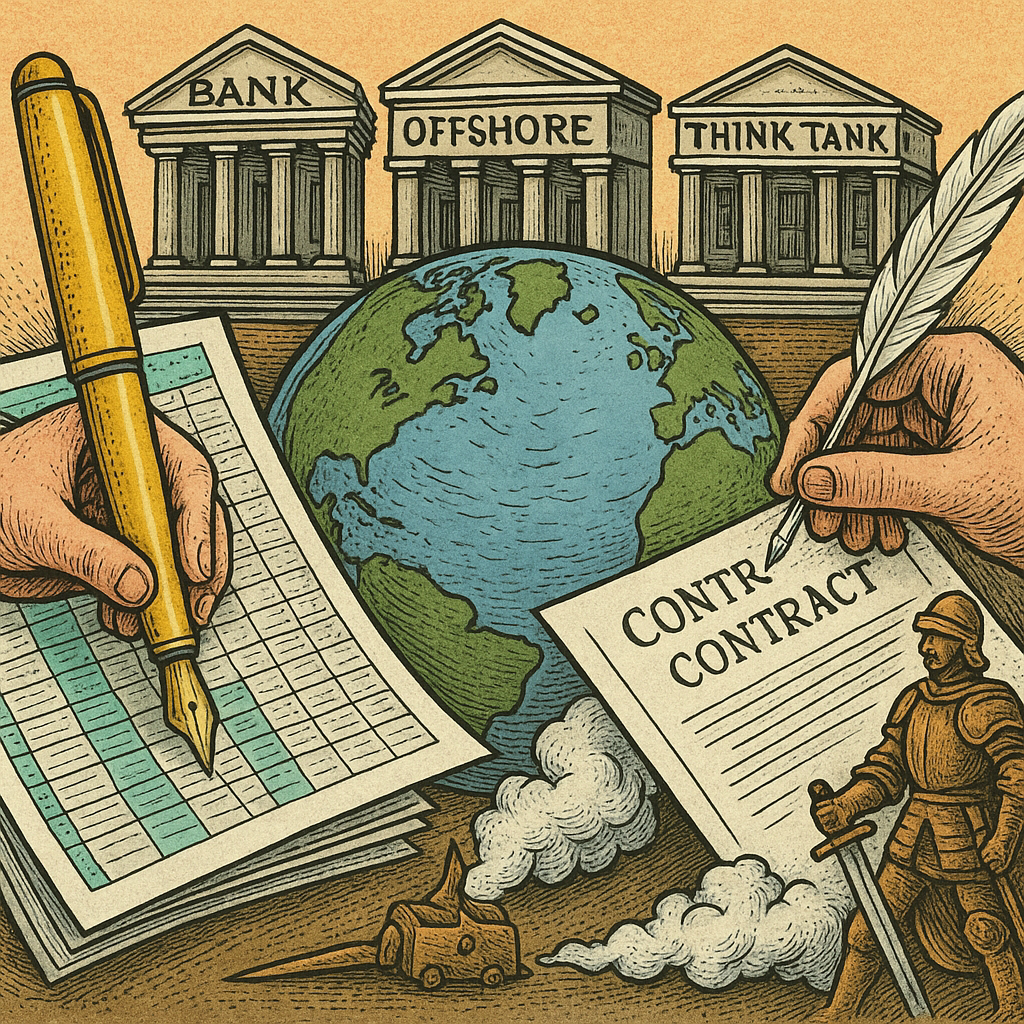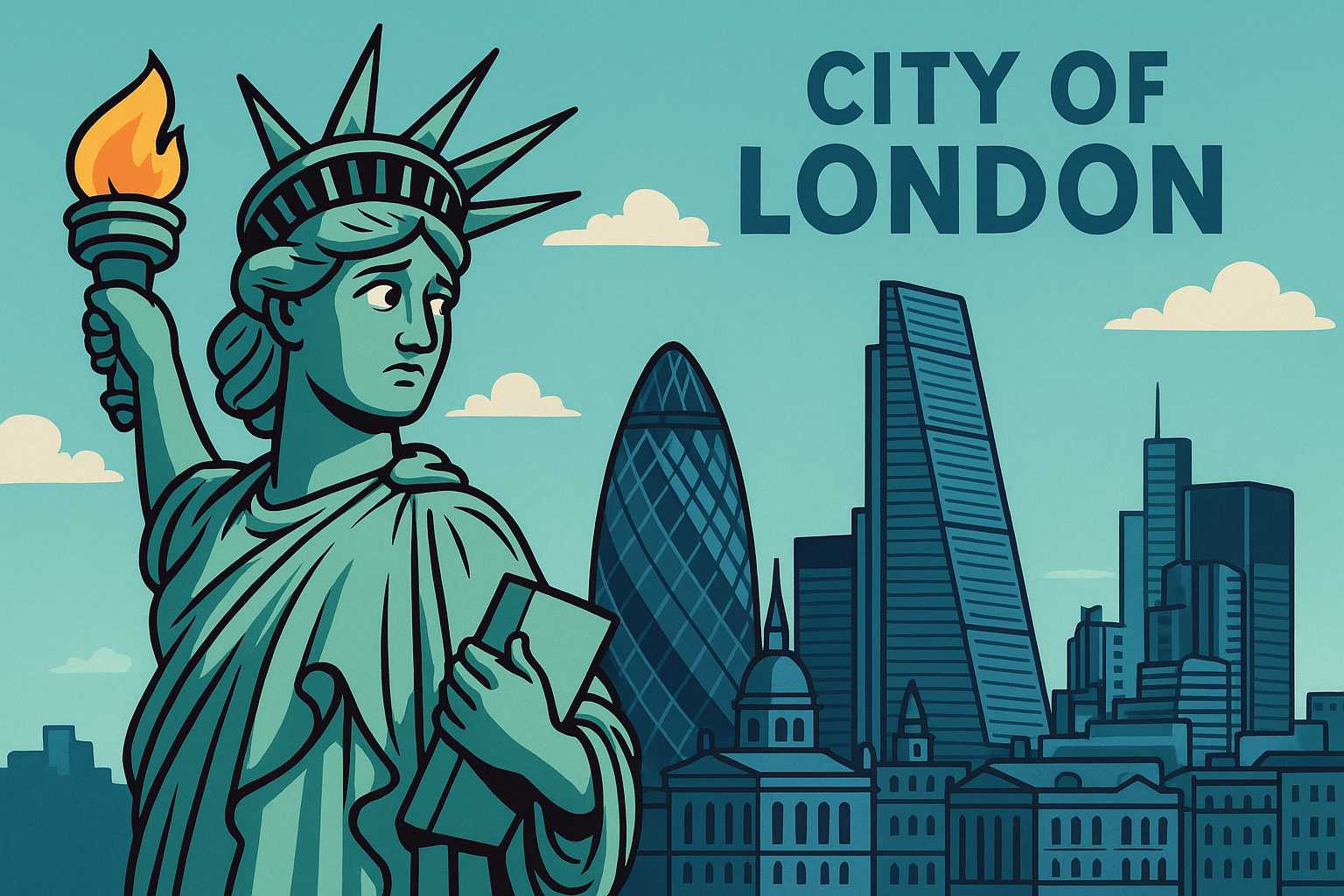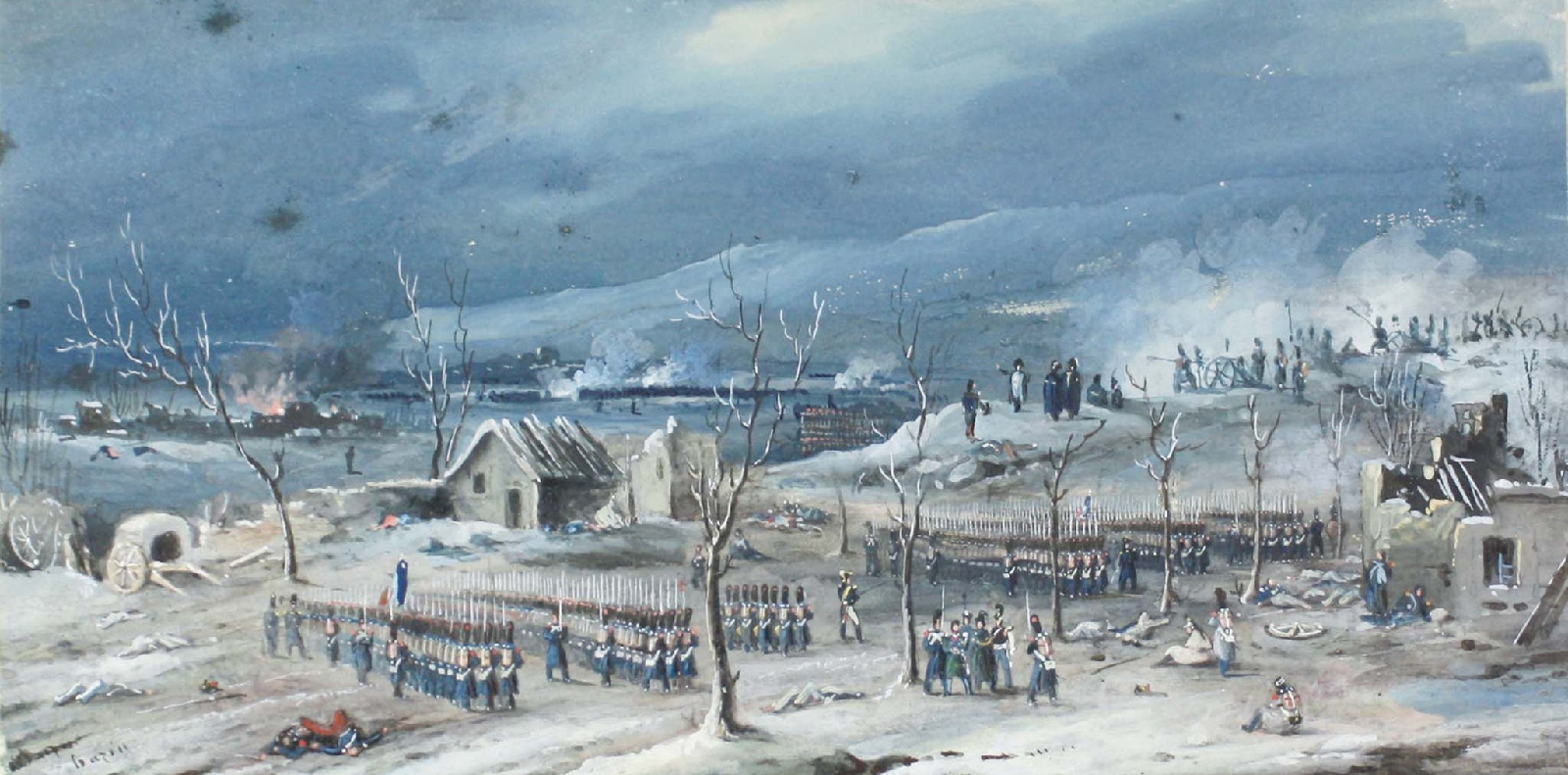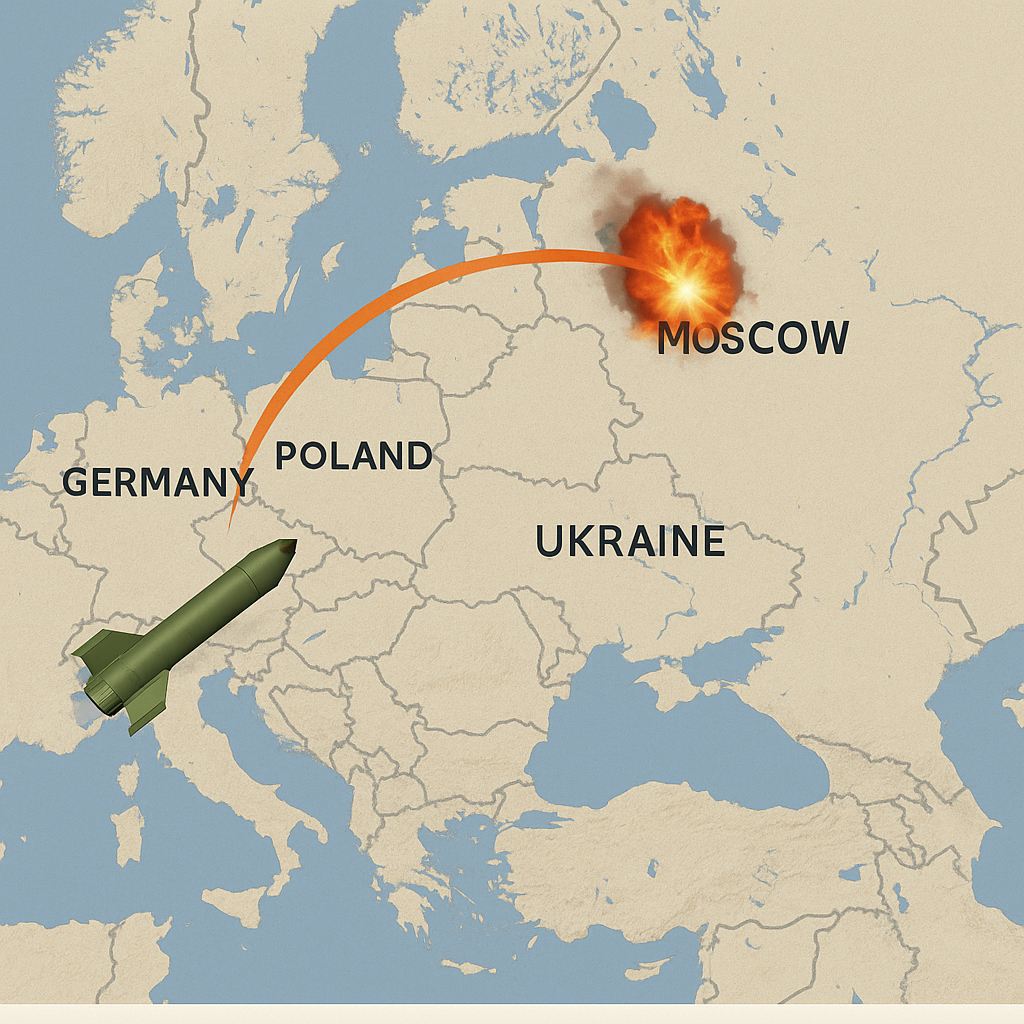
6 July 2025Yesterday, we looked at Britain's influence over Washington. In this post, we shall consider the view that “all that’s left of the British Empire is the City of London”, and that financial power, not military empire, remains Britain’s legacy and its tool of influence.1. The City of London: What Is It?The City of London (not to be confused with Greater London) is a tiny, ancient jurisdiction - a square mile - with its own Lord Mayor, its...



















